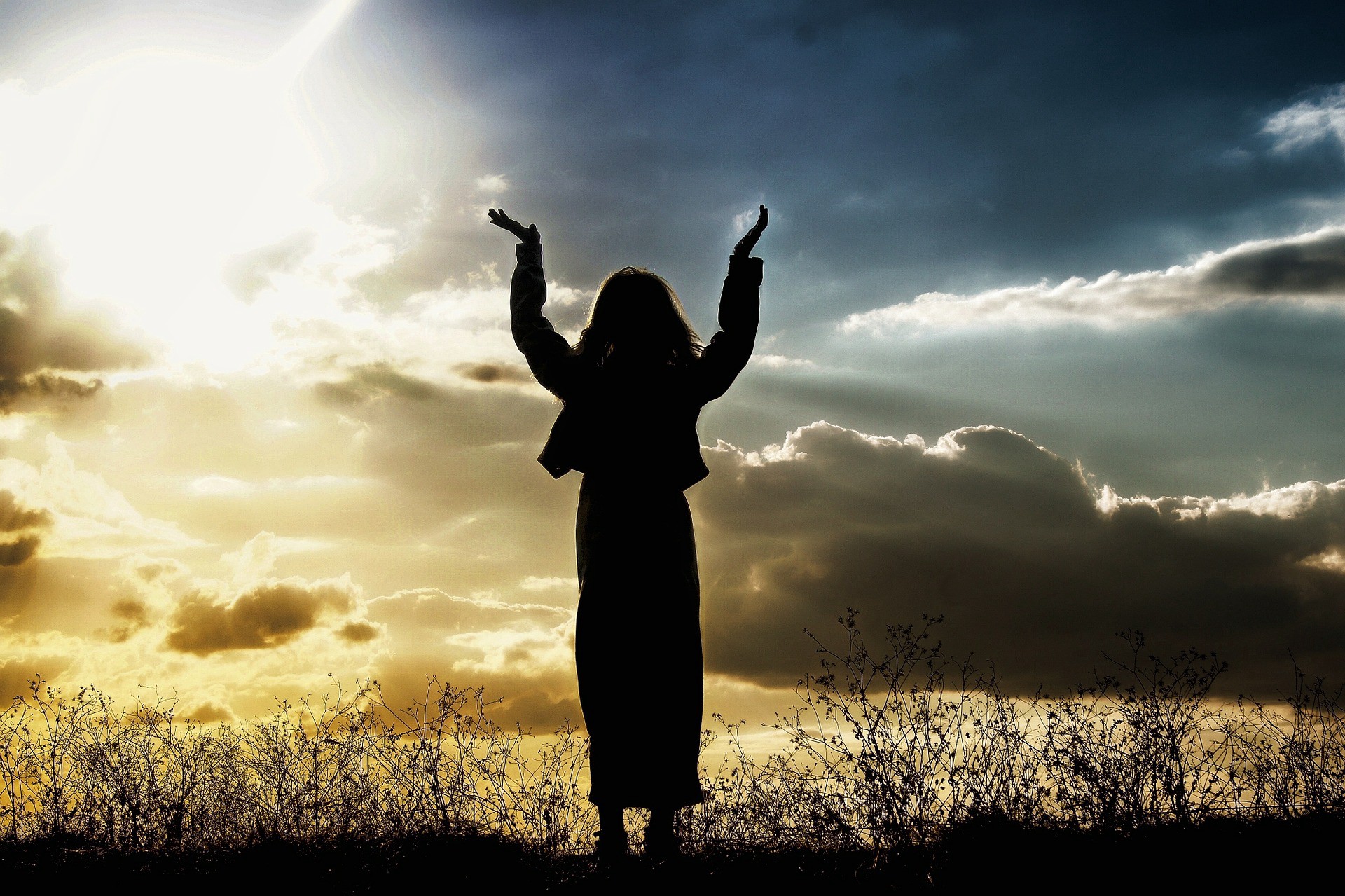
भगवान GOD Faith नास्तिक
Faith and Doubt in extreme circumstances
When people are suffering, they question the existence of God. Most tend to find God and ask for help in their situation. However, if the problem is terrible, such as the Holocaust, people begin questioning His existence. This is well depicted in the book Night by Elie Wiesel. The signs that direct one to the loss and then rediscovery of God represent the narrative of the Holocaust. Thus, This paper will discuss how night illustrates this theme of losing God and faith in extreme situations.
Early Faith of Eliezer
At an early stage in the book, the protagonist heavily indicates a high faith in God. This is well shown by the views of Eliezer’s best friend, Moishe the Beadle. Moishe helped Eliezer think about his life and relationships with God, which Eliezer appreciated. Furthermore, Eliezer had a vision of studying the Kabbalah and Talmud. Before Eliezer’s family was moved, young Eliezer and his people trusted in the existence of God and believed in salvation. As Eliezer reflects on his early faith, he says, “I spent my days in the synagogue, studying the Talmud, praying, and asking questions. I had become very fond of the Cabbalah and would often debate with my father and the town’s rabbis” (Wiesel, 2006, p. 4).
The Beginning of Suffering
The suffering begins as the Jews living in Sighet are forcibly relocated to the ghetto and then transported to Auschwitz, where they undergo a harsh journey and cruel processes. Eliezer initially does not surrender to God. He prayed until the journey, and whenever something relief happened, he thanked God. However, his faith began breaking when he was imprisoned in Auschwitz. Families were separated, identities were taken from them, and many died. For Eliezer, seeing such inhuman deeds conducted by the Nazi Party drastically shattered his faith. It made him question the existence of God and salvation when faced with immeasurable suffering. As Eliezer reflects on his experiences in Auschwitz, he says, “Never shall I forget that night, the first night in camp, which has turned my life into one long night, seven times cursed and seven times sealed. Never shall I forget the children’s little faces, whose bodies I saw turned into wreaths of smoke beneath a silent blue sky” (Wiesel, 2006, p. 34). Consequently, Eliezer’s faith crumbles due to his forceful imprisonment.
God Missing
Eliezer begins to lose faith after witnessing the hanging of a child. The child who stole the soup and was hanged in front of everyone made Eliezer question the existence of God. Deep in his mind, he finds that God does not exist. Eliezer hears that his mother and sister are dead because of the gas, and so he loses his faith completely. The more violence and ruthlessness occur, the further Eliezer is shifted to another jail called Buchenwald. As he and his father move, they endure harsh and painful conditions. During the death march, Eliezer’s father also dies. Eliezer, contemplating the hanging of the child, recalls, “Where is God? Where is He?… And from within me, I heard a voice answer: ‘Where He is? This is where—hanging here from this gallows'” (Wiesel, 2006, p. 65).
The God Never Returns
Eliezer eventually gets freed by the forces of American liberators and moves to a French orphanage. Even though he can rest and eat, the trauma from the Holocaust has a profound impact on his life. Eliezer shows no action of finding or praying to God. This might emphasize that the God in Eliezer’s mind has already died coldly. When he reflects on his liberation, he writes, “From the depths of the mirror, a corpse was contemplating me. The look in his eyes, as they stared into mine, has never left me” (Wiesel, 2006, p. 115).
Conclusion
From a faithful devotion to his spiritual loss of God, Eliezer’s journey is a poignant one. His shattered faith never regained, nor did it ever reach mention. This example is a deep consequence of trauma on faith. Wiesel, through his narration, reminisces not only about the victims of the Holocaust but also explains the complicated interrelation of faith and suffering. This book exemplifies the pain of the Holocaust and the suffering of Jews. Another main feature of this book is the change in Elie’s faith. His faith was lost as the pain continued. This memoir shows the viciousness and sin to which humans are capable and allows us to learn more about the Holocaust and those who suffered during that time. It makes our minds run with many thoughts regarding whether a being like God existed among them.
By: Jinhan Jeong
Write and Win: Participate in Creative writing Contest & International Essay Contest and win fabulous prizes.


